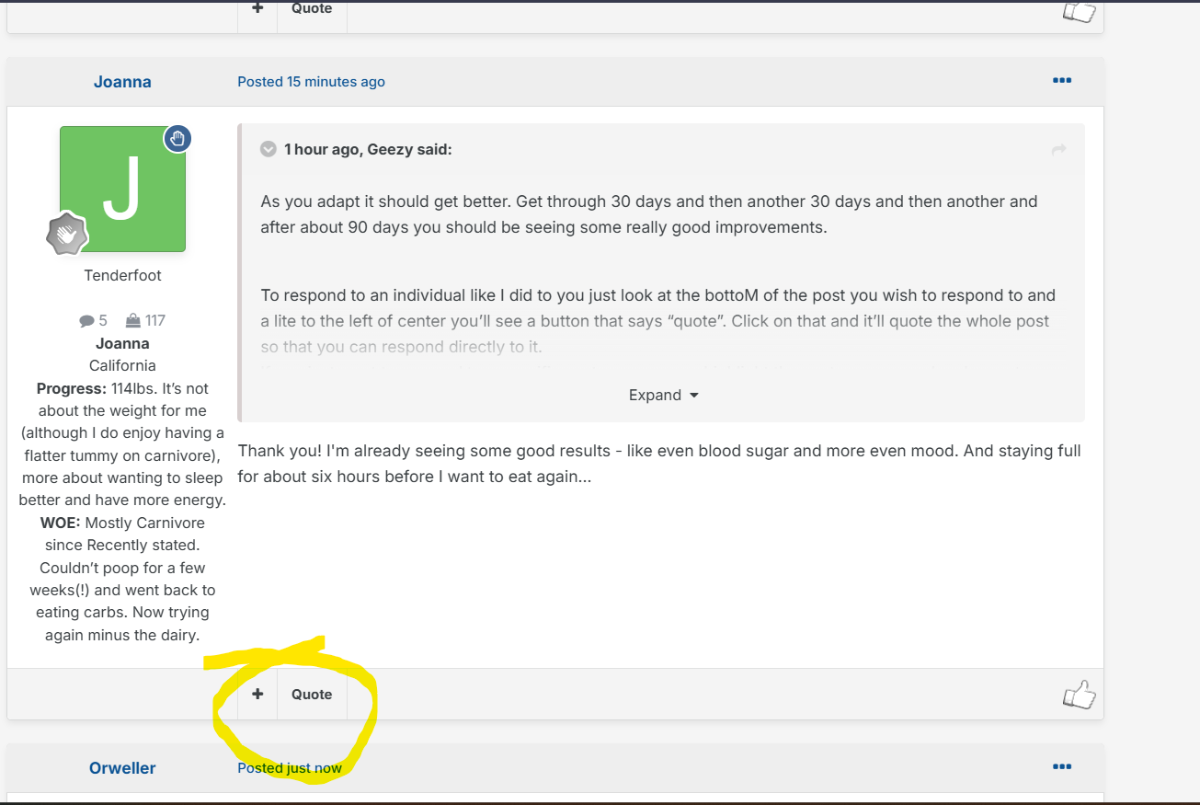6 popular peanut butters linked to colon cancerStory by Son of Grey Peanut butter is a staple in many households, loved for its creamy texture, nutty flavor, and protein content. However, not all peanut butter is created equal. Certain types of commercially processed peanut butter may contain added sugars, unhealthy oils, and chemical contaminants that studies suggest could increase the risk of colorectal cancer. Understanding which kinds to avoid can help you enjoy peanut butter safely while maintaining a healthy diet. Here’s a look at kinds of peanut butter linked to colon cancer risks. Peanut Butter with Added Hydrogenated OilsMany mass-market peanut butters contain hydrogenated oils to improve shelf life and prevent separation. These trans fats are widely linked to inflammation and increased cancer risk, including colon cancer. Common brands with older formulations that included hydrogenated oils include Skippy Creamy Peanut Butter and Jif Creamy Peanut Butter. While these brands have reformulated many of their products to remove partially hydrogenated oils, older stock and certain varieties may still pose risks. Peanut Butter High in Added SugarsExcessive sugar consumption has been associated with chronic inflammation and insulin resistance, factors that can contribute to colon cancer development. Many flavored or “sweetened” peanut butters—such as Reese’s Peanut Butter Spread or honey-flavored supermarket brands—contain high amounts of added sugar beyond what’s naturally in peanuts. These products are convenient for desserts and snacks but may carry hidden health risks when consumed frequently. Peanut Butter Contaminated with AflatoxinsAflatoxins are naturally occurring toxins produced by molds on peanuts, particularly if storage conditions are poor. Long-term exposure to aflatoxins has been linked to liver cancer and may contribute indirectly to colorectal cancer risk due to systemic inflammation and DNA damage. While major brands like Smucker’s Natural Peanut Butter and Planters Peanut Butter test rigorously for aflatoxins, lower-cost store brands or imported peanut butters may be more likely to contain small amounts of these toxins. Ultra-Processed Peanut ButtersUltra-processed peanut butters often contain a mix of additives, stabilizers, and preservatives that can affect gut health. Poor gut microbiome balance is increasingly recognized as a factor in colon cancer risk. Brands like Peter Pan Extra Crunchy or value-line supermarket peanut butters may include emulsifiers and stabilizers that are generally safe in small amounts but could have cumulative effects over time when consumed daily. Tips for Choosing Safer Peanut ButterOpt for natural or “just peanuts” varieties with no added hydrogenated oils or sugars. Check for aflatoxin testing or certifications from major brands. Store peanut butter properly in a cool, dry pantry or refrigerate to reduce mold growth. Moderate consumption to avoid excess calories, sugars, or unhealthy fats. While peanut butter can be a healthy protein and fiber source, products with hydrogenated oils, added sugars, aflatoxin contamination, or excessive processing may contribute to colon cancer risk. Choosing natural, minimally processed peanut butter from trusted brands like Smucker’s Natural, MaraNatha, or 365 by Whole Foods, and storing it carefully, can help you enjoy this classic snack safely and responsibly. ARTICLE SOURCE: https://www.msn.com/en-us/health/other/6-popular-peanut-butters-linked-to-colon-cancer/ar-AA1WvYFn?



.thumb.jpg.6f86c6dea298d6dabe29f7fa6a12a0aa.jpg)








I used to drink fairly often. I started off as a "social" drinker, but I would take part in social occasions very frequently in my youth. Eventually, I would start stocking something at home. For a time, I would always have a beer or two with dinner, and then a shot of bourbon to help me go to sleep. This was my pattern for a while. For one anniversary, my wife even got this cute little bar looking thing that held the bottles upside down and you could press a glass against them and dispense whatever you had there.
In the past, when I would do low-carb dirty keto, I would devise ways to have a low carb or zero carb drink. I would still make it work and manage to lose weight. But this spring, when I decided to really take charge of doing something about my health, I went clean keto and then carnivore, and there was no more room for a daily drink, or even a weekly drink. This is for me, of course - your mileage may vary.
Since starting this WOE and losing 50 lbs, I have only had a shot of bourbon (my favorite drink) in the first Tuesday of every month, when we go out to support my cousin's Open Mic Night. Outside of that, nothing. I have several bottles on top of my fridge of things I haven't touched in 7-8 months. My wife use to sell wine, and we have tons of that too. It's all collecting dust.
What about you? Do you still drink alcohol?
Subscribe to Carnivore Talk on YouTube | Be our guest on the channel | Leave me a voicemail, yo!